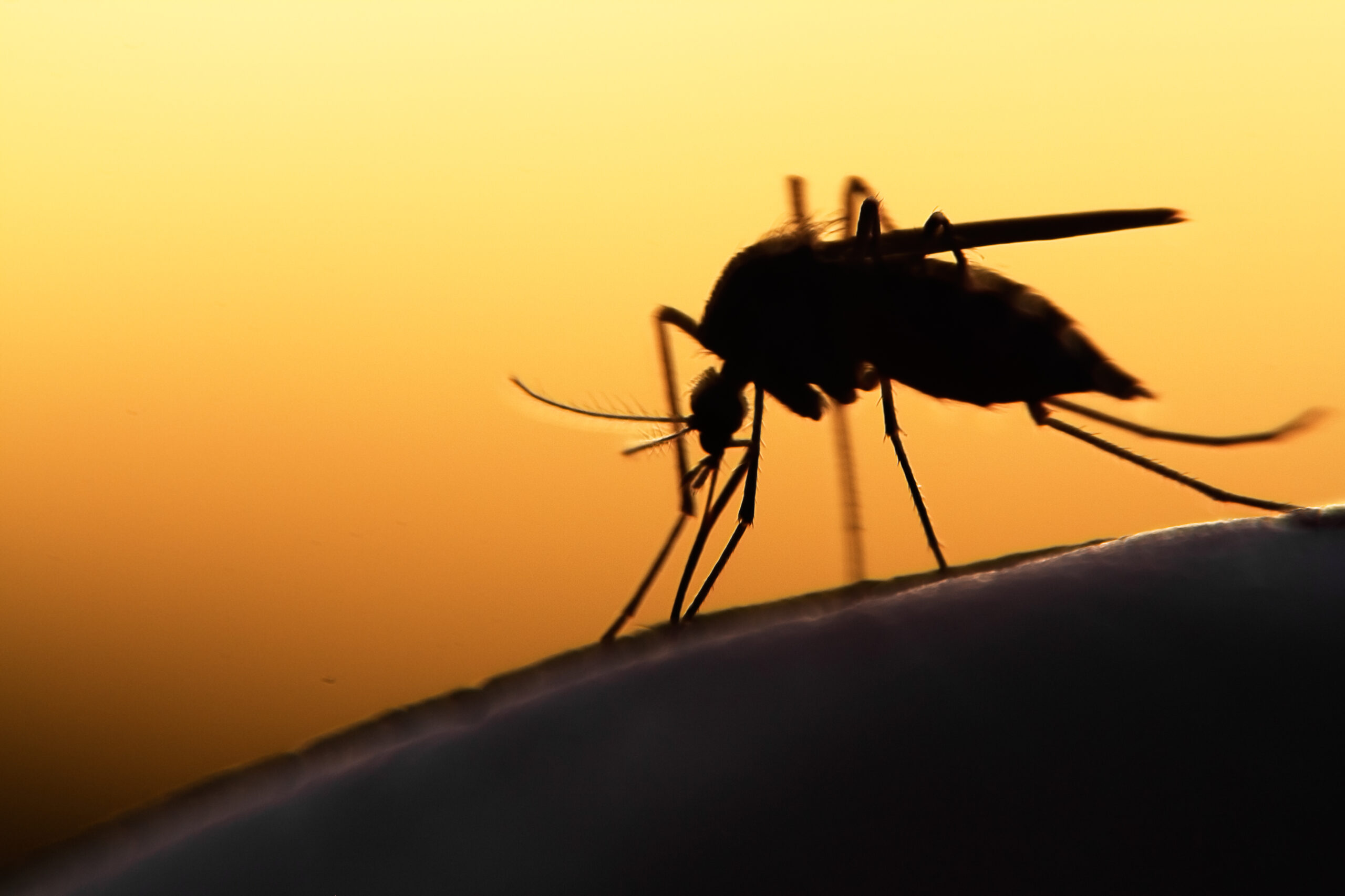Malaria in Maryland: How health officials say you can protect yourself from mosquitoes

By Kate Corliss
The Prince George’s County Health Department is advising residents on how to steer clear of mosquito bites, following the announcement of Maryland’s first locally acquired malaria case in more than 40 years.
The risk of mosquito-borne illnesses peaks in the summer and into the fall, when the bugs are most active, according to a news release from the department.
“Educating our residents on ways to reduce mosquito pools is the best way in preventing mosquito-borne illness,” said Sanmi Areola, the county’s deputy chief administrative officer for health, human services and education.
Protect yourself from bites
Try to stay inside at dawn and dusk — when country officials say mosquitoes that carry viruses tend to bite — and be aware of any bites, which can also occur during the day. To reduce your risk of a bite when outdoors, wear long-sleeved shirts, long pants, shoes and socks.
“Residents should avoid areas with high mosquito activity, especially during the late evening and at night when the mosquitoes that spread Mosquito-borne illnesses are more likely to bite,” the department said.
Any exposed skin or clothing can be sprayed with mosquito repellent. Look for repellents that include DEET or Picaridin, active ingredients that offer longer-lasting protection, officials said. Clothes and outdoor gear should be treated with products containing 0.5% permethrin.
Plus, be sure to install screens on any windows you plan to leave open — and repair any holes the screens might have.
Beware of breeding sites
People in the area should focus on removing standing water around their homes, as these are the spots where mosquitoes are likely to lay their eggs, according to Areola.
Wheelbarrows, wading pools, canoes and garbage can lids should be turned over.
Swimming pools should be kept cleaned and chlorinated, and adjust any tarps used to cover them so that rainwater won’t collect on top. The same goes for any other tarps used in your yard.
Buckets used to collect rainwater should be removed. Discarded car tires should also be taken away, and residents should put drainage holes in playground tires.
Regularly clean roof gutters and downspout greens, and flush bird baths and potted plant drainage trays twice a week. Repair any dripping outdoor faucets and get rid of puddles underneath air conditioners.
As far as containers that can’t be emptied — for example, abandoned pools or rain barrels — they should be sprayed regularly with insecticides that specifically target mosquito larvae. Some suggested products include Mosquito Dunks or Mosquito Torpedoes, which are found in most garden centers and hardware stores.
Corrugated drainpipes should be placed in a way that prevents them from retaining water. Aboveground pipes should be emptied every week, and you can attach flexible screening to the open end so mosquitoes can’t enter.
As part of Maryland Matters’ content sharing agreement with WTOP, we feature this article from Kate Corliss. Click here for the WTOP News website.



